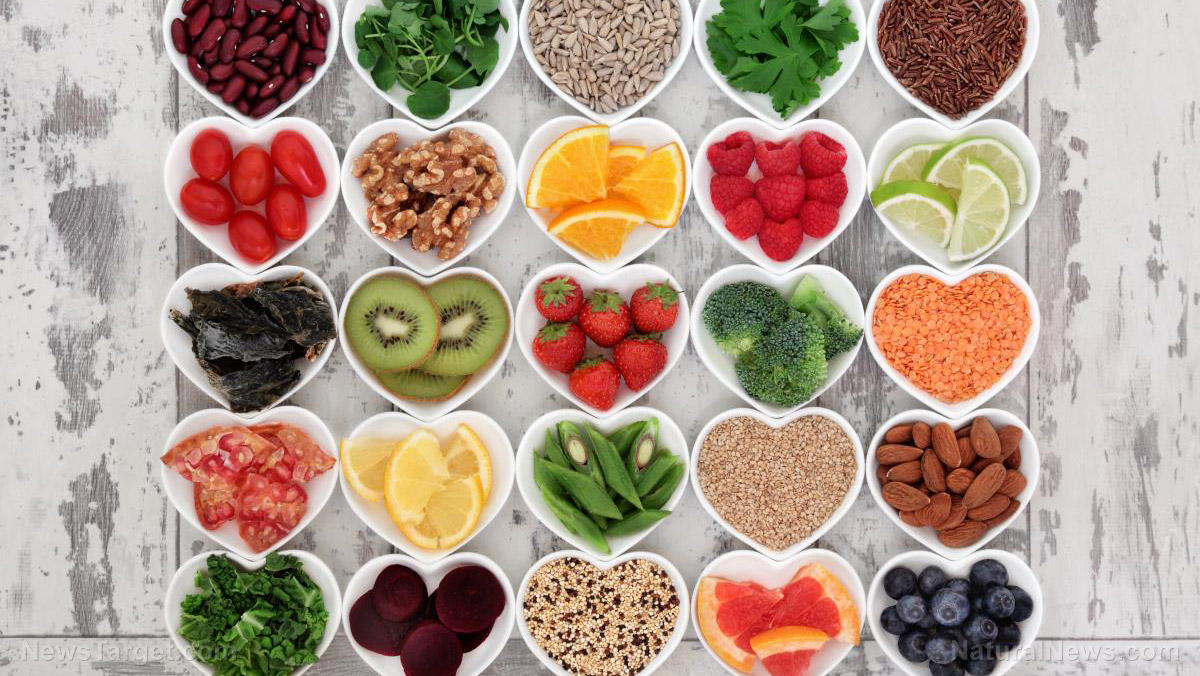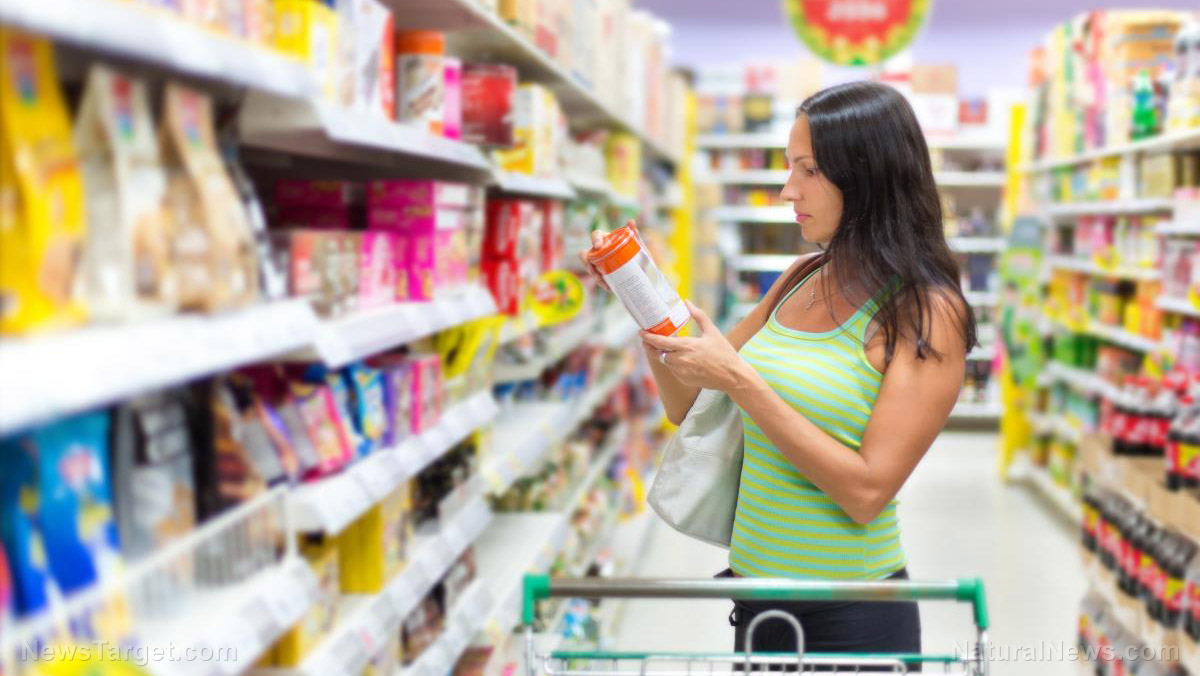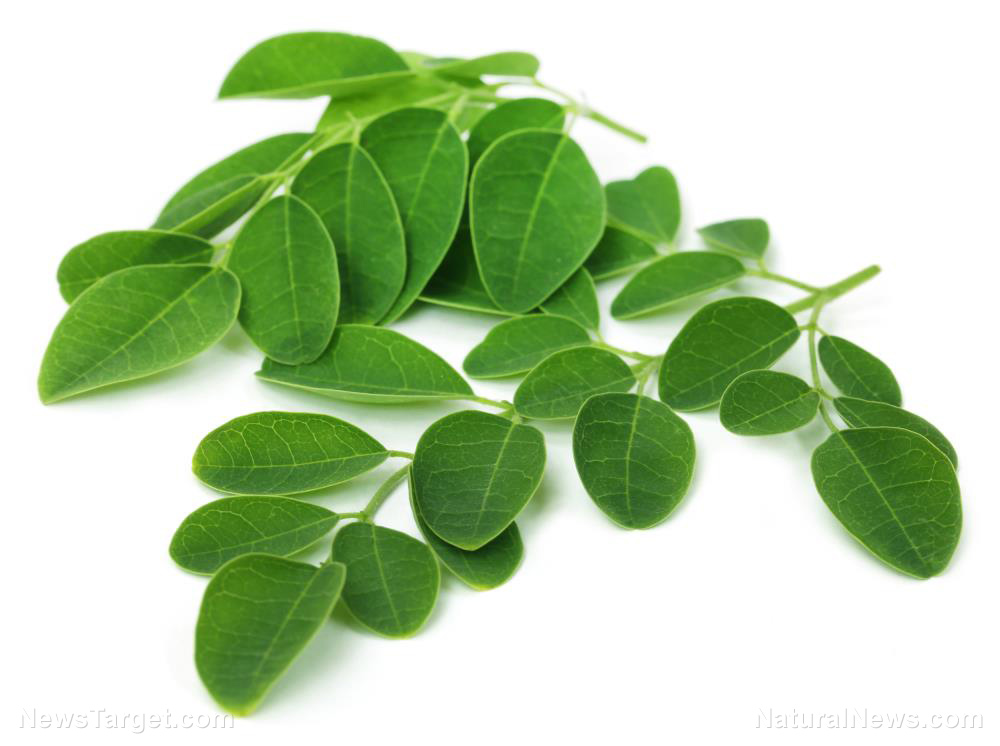Ladies, drop the diet soda: It increases the risk of stroke and heart disease
08/10/2019 / By Isabelle Z.

If you’ve been choosing diet soda over the regular varieties out of health concerns, listen up: Diet soda is just as bad for you, and it’s especially dangerous if you’re a woman. If you ever indulge in soft drinks, there’s a new study you simply can’t afford to ignore.
The eye-opening study was published in the journal Stroke in February. After studying more than 80,000 post-menopausal women, researchers found that drinking artificially sweetened beverages led to a higher risk of not only stroke and coronary heart disease, but also mortality of all causes.
To be more specific, when compared to women who drink diet drinks less than one time per week, those who drink two such beverages or more per day have a 31 percent higher likelihood of suffering an ischemic stroke, a 23 percent higher chance of stroke, a 29 percent higher chance of developing heart disease, and are 16 percent more likely to die overall.
The women studied ranged in age from 50 to 70 and were followed up over a period of more than 11 years. Certain women had particularly high risks. For example, those without a history of heart disease or diabetes were 2.44 times more likely to suffer a stroke caused by the blockage of an artery in the brain and 2.03 times more likely to suffer a clot-based stroke. Meanwhile, African-American women with no history of diabetes or heart disease were 3.93 times more like to have a clot-based stroke.
The results were calculated after making adjustments for other stroke risk factors, such as high blood pressure, a history of smoking, and age. While men and younger women were not studied in this particular research, that doesn’t mean that they wouldn’t suffer similar effects; further studies are needed to make that determination.
It’s also important to note that the study’s participants were not asked to specify which type of artificial sweetener their drinks contained. However, there have been plenty of other studies pointing to various dangers associated with all of the chemicals used to artificially sweeten sodas.
A similar study was published in the same journal in 2017. That study looked at nearly 3,000 participants, male and female alike, who were part of the Framingham Heart Study Offspring cohort. The study compared drinking sugary drinks to those that contain artificial sweeteners. They found that those who drink sugary drinks did not have a higher risk of stroke or dementia.
For those who drink artificially sweetened beverages, however, it was a far different story. Although the researchers had been focusing on strokes and dementia, they discovered that the prevalence of diabetes and cardiovascular disease increased with higher consumption of artificially sweetened soft drinks.
Stop drinking all types of soda right now, and consider these satisfying alternatives
Unfortunately, drinking soda simply isn’t worth the risk to your health. The researchers concluded that it’s best to limit your use of diet drinks, and they advise sticking to water, whether it’s still or carbonated.
When you need a change of pace from water, consider drinking an unsweetened organic herbal tea like rooibos or mint; you can brew a big batch of cold tea to keep on hand so you won’t reach for soda.
If it’s the bubbly sensation you crave, get carbonated water and experiment with flavors. Herbs like basil or mint; fruits like lemon, lime or strawberry; and even some cucumber are surprisingly refreshing in your water and won’t damage your health the way artificially sweetened beverages can.
Sources for this article include:
Tagged Under: artificial sweeteners, brain health, diet soda, diet soft drinks, disease causes, heart attack, research, stroke, sweeteners
RECENT NEWS & ARTICLES
COPYRIGHT © 2017 FIGHTOBESITY.NEWS
All content posted on this site is protected under Free Speech. FightObesity.news is not responsible for content written by contributing authors. The information on this site is provided for educational and entertainment purposes only. It is not intended as a substitute for professional advice of any kind. FightObesity.news assumes no responsibility for the use or misuse of this material. All trademarks, registered trademarks and service marks mentioned on this site are the property of their respective owners.



















